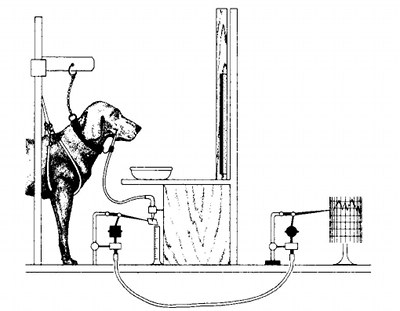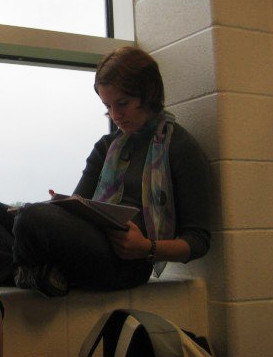In 1973, John Platt published an article called “Social Traps” in American Psychologist. The idea of a social trap is simple enough. From the abstract:
[Platt] Uses the term “social trap” to describe situations like a fish trap, where individuals, organizations, and societies get started in a direction that later proves unpleasant or lethal but difficult to back out of; actions or inactions prompted by self-interest create long-range effects that are to almost no one’s interest.
The easiest illustration is on a personal level (what Platt calls an “individual trap”) where a short-term gain comes with long-term loss. Let’s say I smoke a pack a day. I recognize that my habit has costs—it costs money to buy cigarettes, it costs time to step out and smoke, it costs health, etc. The trap comes in when I realize that, even if I might one day be rewarded for quitting, right now, if I go too long without a smoke, I’ll be punished.
It’s a little like telling someone, “If you walk across the room, I’ll give you fifty bucks,” and then punching them every time they take a step.
Through individual and social traps, we get stuck in all sorts of inefficient, counterproductive routines. It can be small things—the sort of things we might not give much thought. Maybe it’s as simple as taking a long route to work because figuring out a better one would take more time and energy than just going the way we know. I, for instance, have been a Mac user as far back as I can remember, so when it comes to word processing programs, ClarisWorks/Appleworks/Pages have been an individual trap of mine.
![]() How much time and hassle could I have saved over the years if my files were .doc, like everyone else’s? How much easier would it have been to read other people’s work if I could open their files on my computer without worrying about formatting losses? How much better would I be at working with the ubiquitous Microsoft Word if I had learned it from the start, rather than becoming proficient in a less useful, less prevalent program?
How much time and hassle could I have saved over the years if my files were .doc, like everyone else’s? How much easier would it have been to read other people’s work if I could open their files on my computer without worrying about formatting losses? How much better would I be at working with the ubiquitous Microsoft Word if I had learned it from the start, rather than becoming proficient in a less useful, less prevalent program?
Of course, there are costs with pursuing Word at a later stage. The Office Suite costs money, for one, and there’s a learning curve—for a period, I would be less efficient than I am in Pages. Pages is, in its way, sufficient.
Still, I’ve been working on investments. I started using a program called Scrivener a little while ago, and I’m experimenting with other programs. I’m trying to find the most effective, efficient way to go through the different stages of writing, and I’ve come to grips with the fact that I’ll pay a price up front. This is what it takes to break out of the individual trap.
In the next few posts, I’ll be discussing first my experience with Scrivener (spoiler: I love it) and then my explorations into a few other programs: Scapple, for idea mapping, and Aeon Timeline, for timeline tracking. Learning to work with new programs designed for unique functions comes at a price; I’ll aim to decide if these are worth it.
Stay tuned.
 We all know
We all know 